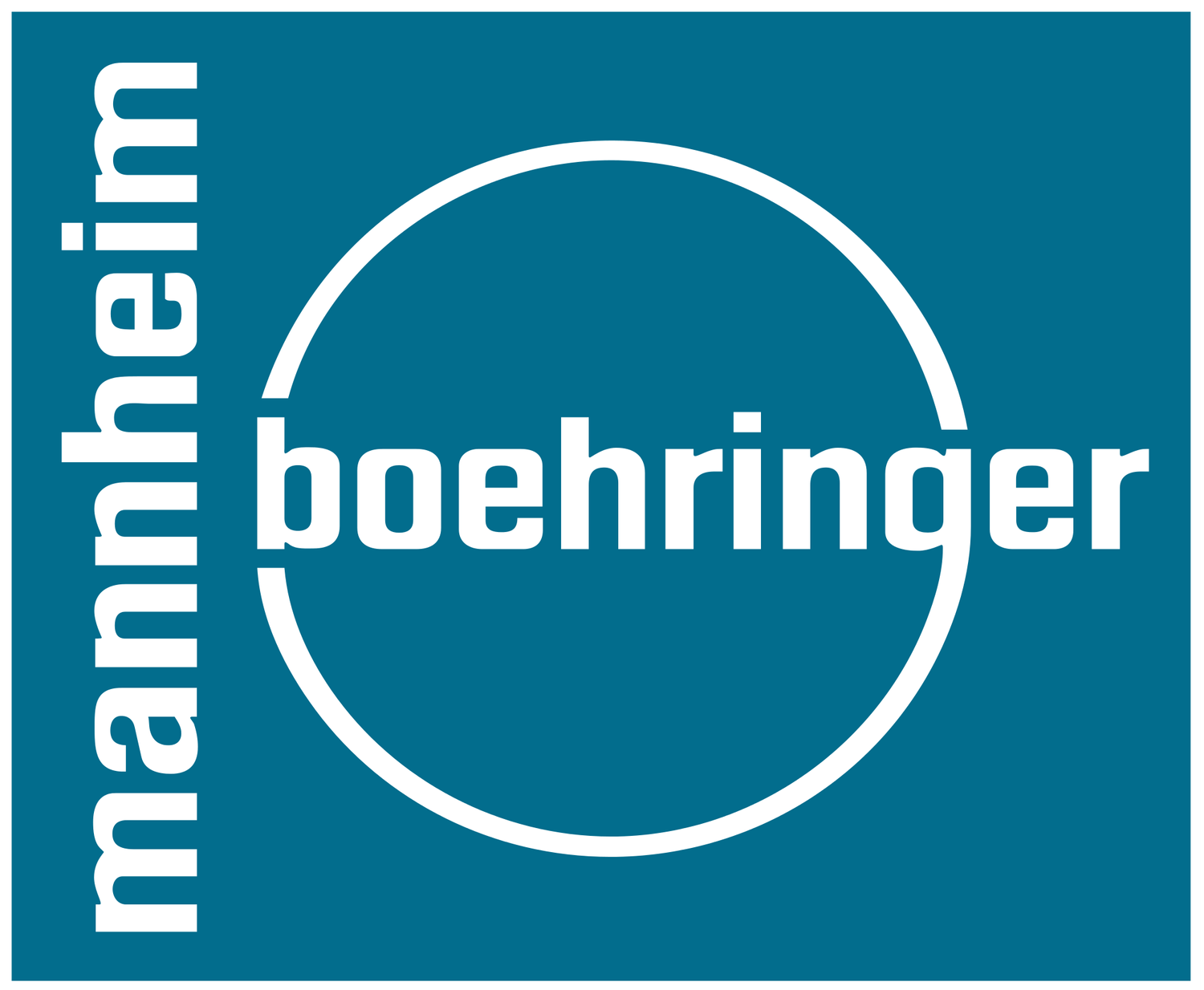PURPOSE:Prostate cancer is the most common malignancy of males in the United States. Although the overall survival rate for early stage prostate cancer is good, if cancer recurs following curative therapies there is no adequate salvage therapy. Systemic chemotherapy has never been associated with any meaningful improvement in overall survival or overall objective benefit. There is a need to develop novel therapies for prostate cancer.
MATERIALS AND METHODS:Two prostatic cancer cell lines, DU-145 and PC-3, were grown as subcutaneous xenografts in athymic nude mice. The recombinant oncotoxin AR209, formerly OLX-209 [e23(Fv)PE38KDEL]), has the specificity of an anti-p185erbB-2 antibody contained within a single-chain antibody domain (e23Fv) coupled to a portion of the Pseudomonas exotoxin A (PE38KDEL). Using Western blot analysis, the cell lines were shown to express p185erbB-2. The mice received either 3 i.v. injections, one every 2 days, of the recombinant oncotoxin AR209 or PBS, or were implanted with osmotic pumps that delivered a constant s.c. amount of AR209 or PBS.
RESULTS:The oncotoxin was effective in reducing the size of s.c. prostatic xenografts in athymic nude mice. The data demonstrated that small tumors (<200 mm.3) were effectively reduced in size. However, larger tumors (>500 mm.3) were not effectively diminished.
CONCLUSIONS:This study provides preliminary evidence for the utility of a recombinant oncotoxin in the treatment of prostate carcinoma. Recombinant oncotoxins may be an effective clinical addition for the management of metastatic prostate lesions in patients treated with conventional therapy.






